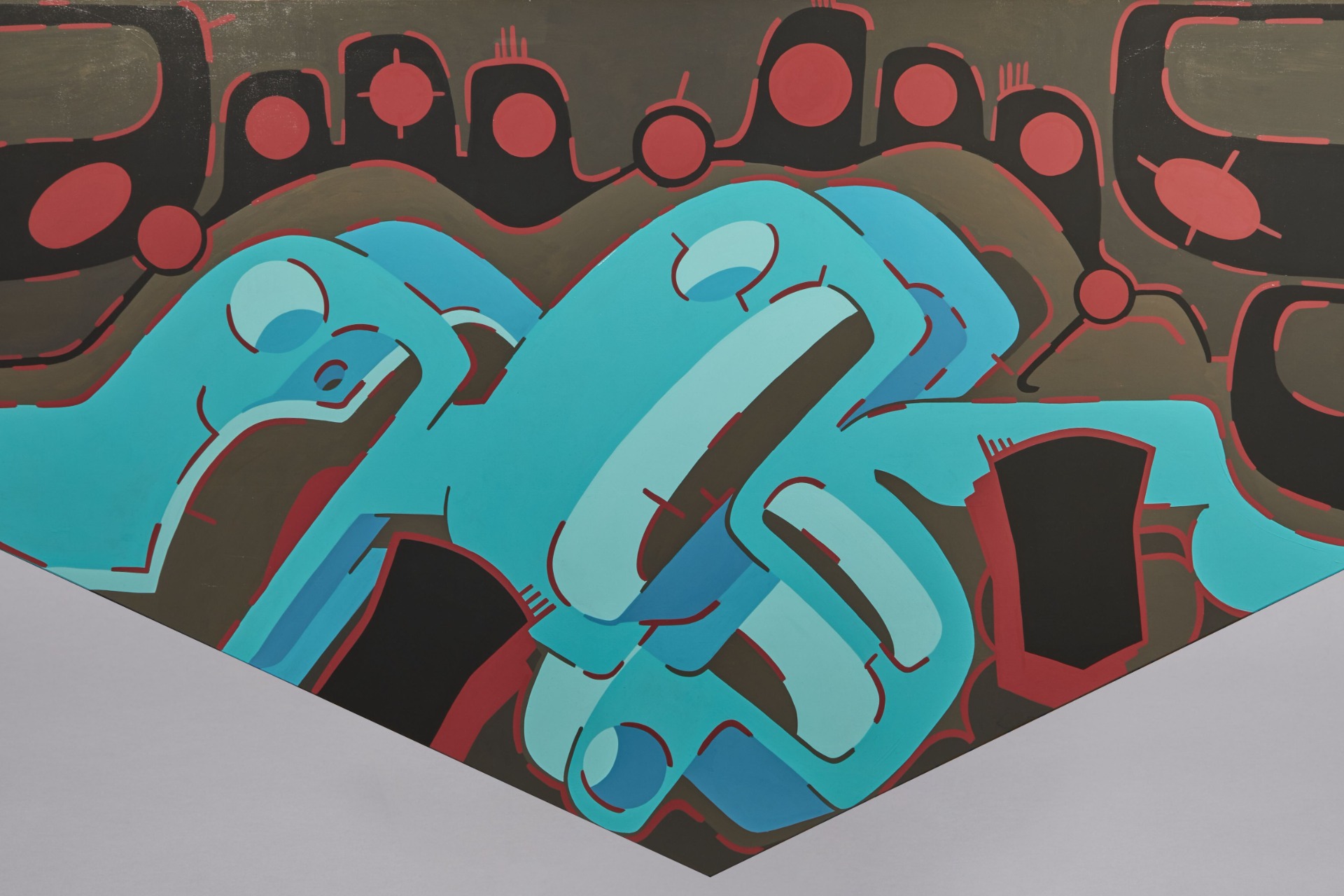Description
Plymouth was a port for ocean liners in the late 19th and early 20th centuries. It offered speedy transatlantic access to Britain, primarily to London by train, or onto European destinations. The Liner Lookout here was originally built in 1870. A person sitting inside would watch out over Plymouth Sound for an arriving liner and send a message down to Millbay Docks when it arrived so that a boat could go and collect passengers./ In 1910, the White Star liner Oceanic brought 75 Indigenous North Americans to the Sound. While some passengers disembarked here, the Indigenous passengers stayed onboard till Southampton./ Most were Lakota, and they were on their way to the Brussels Exposition, or World Fair. An Irish newspaper reported that 50 were from the Pine Ridge Reservation, located in what is now South Dakota. That year the reservation, and another called Rosebud, had been reduced in size by white settlers. Some of the arrivals included men who were said to have fought against Custer in The Battle at Little Bighorn (1876) and at Wounded Knee (1890). They included Little Ribs, Red Shirt and Little Red Horse./ The group, with 8 cowboys and cowgirls were on their way to Belgium. The World Fair brought together national representatives in different marquees, parks and gardens./ As one of the performers, Little Ribs, reportedly noted to the Irish News and Belfast Morning News in April 1910, “˜What those Belgians want are real Indians , those right off the short grass, with white scalps dangling at their belts. We have to give them something of this kind, though we don’t like it. 100 years ago, this kind of an Indian roamed the prairies, but now he exists only in stories and in the play. We are in the play.’/ The 75 Indigenous North Americans who were here, were seen by many of the 13 million visitors to the Brussels Expo of 1910. They played their Wild West Show in the Grand Hall to audiences of 5000 people per show, each paying 6 francs. We don’t know what they were paid.
Bibliographic sources
“Red Indians at Plymouth,” Western Morning News, 4 April 1910, 8. Image by Unknown author – http://www.firstpeople.us/photographs/Red-Shirt-Oglala.html, Public Domain, https://commons.wikimedia.org/w/index.php?curid=15287679

